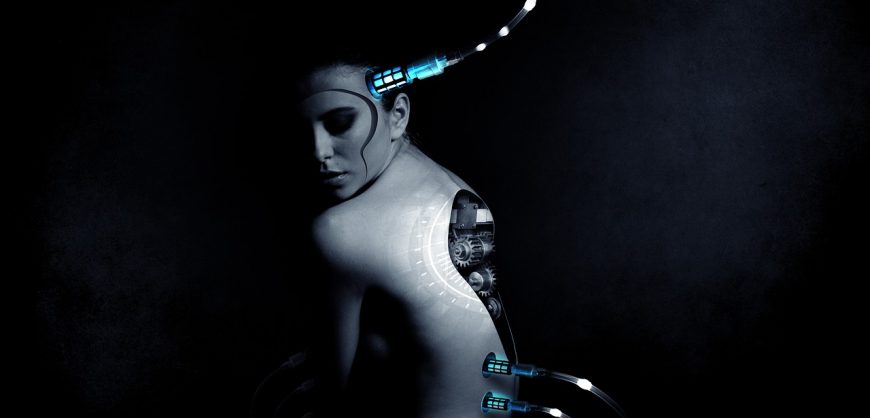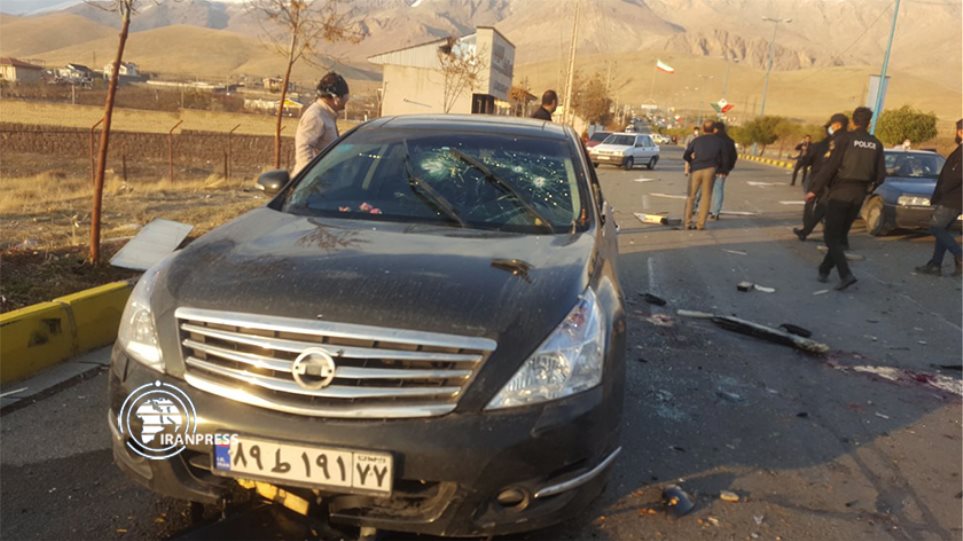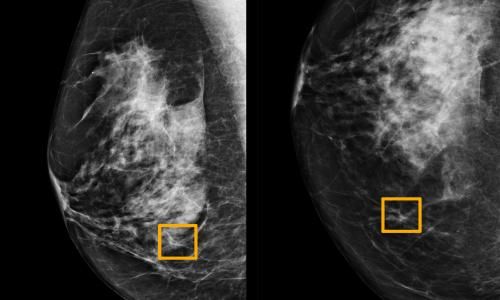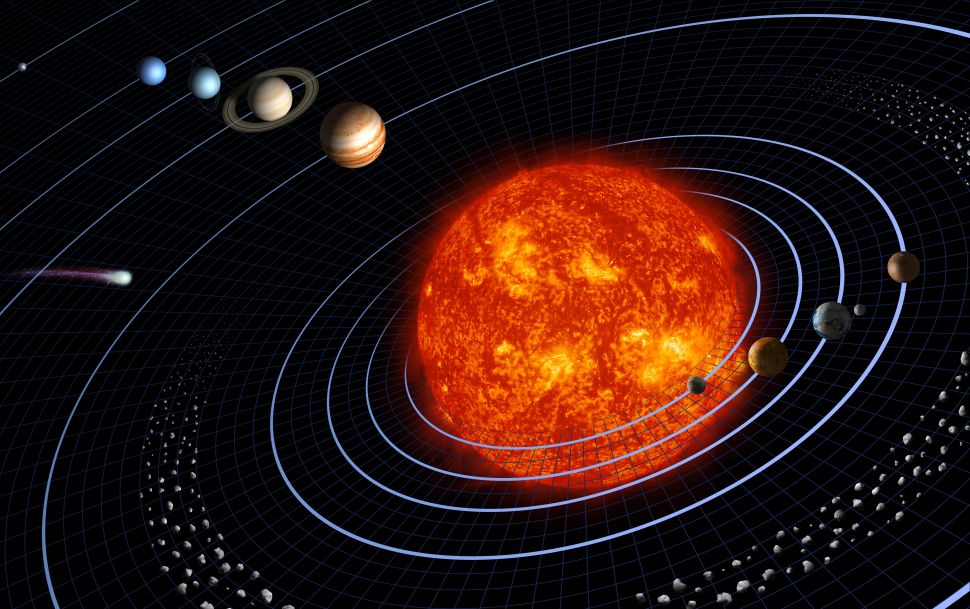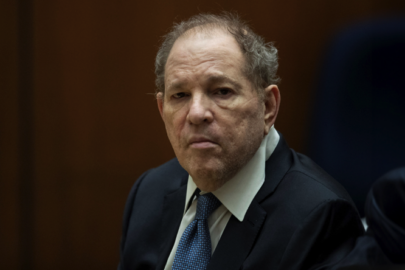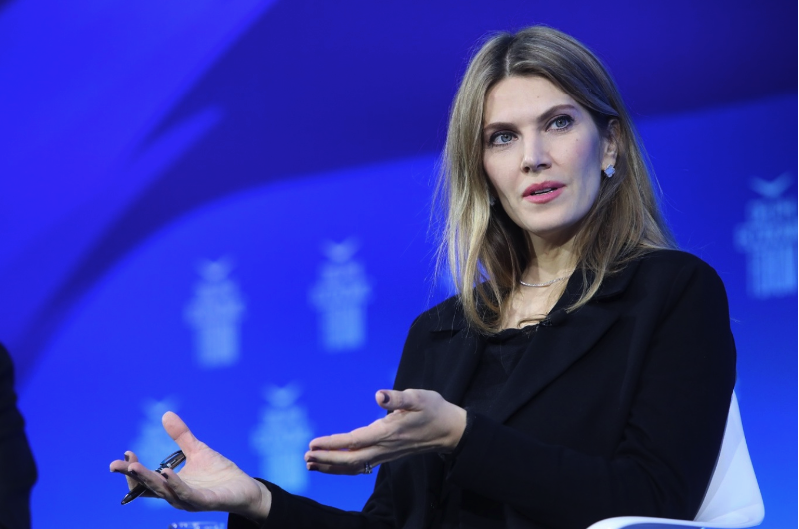Climate change and the coronavirus pandemic may be crises that require immediate solutions, but Skype co-founder Jaan Tallinn believes that the existential threats facing humanity this century are different.
The Estonian developer and computer programmer who helped create the Kazaa file-sharing platform in the 1990s and Skype in the 2000s, told CNBC, artificial intelligence, synthetic biology, and what he described as “known unknowns” are the existential threats of this century. “Climate change is not going to be an existential threat unless an unpredictable scenario is confirmed,” he said.
Synthetic biology is the design and construction of new biological components, devices, and systems, while the “known unknowns” are, according to Tallinn, “things we may not be able to think about at the moment”.
His concern about artificial intelligence has been around for several years, and he spends millions of dollars to ensure that this technology is developed safely. Among other things, he has invested in artificial intelligence labs such as DeepMind (partly to keep track of what they do) while he has also funded AI security research at universities such as Oxford and Cambridge.
Citing a book by Oxford professor Toby Ord, Tallinn said there was a 1 in 6 chance that humanity would not survive this century. The book states that one of the greatest possible threats is artificial intelligence, while on the contrary, the chances of the human species becoming extinct due to climate change are less than 1%.
Foreign Policy: Who is hot & who is not in the Middle East – Analysis
Homer’s “The Odyssey” banned as ‘sexist’ from Massachusetts school
On the matter of artificial intelligence, no one knows how intelligent machines will evolve, and trying to guess how advanced AI will be 10, 20, or 100 years from now is virtually impossible. This is because artificial intelligence systems are now beginning to create other artificial intelligence systems without human intervention.
What are the scenarios where artificial intelligence could threaten humanity? The first is an “accident” in a laboratory, where scientists will let an artificial intelligence system be trained on some servers at night and “in the morning the world will no longer exist.” The second scenario could see scientists create a technology that is adopted and applied in various fields “where there are unfortunate consequences”.
The big tech companies are spending billions of dollars to develop artificial intelligence, and while some of this research is being made public, many never see the light of day, and this is a cause for concern.

